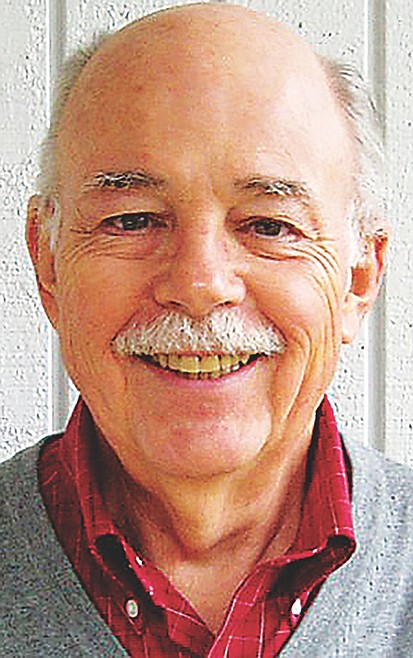Communication is like breathing
How often do we think about our breathing? Or how we breathe? I suspect we simply let it happen – unless there’s a problem.
Breathing is obviously essential to our staying alive. So, when we experience a short-term problem, or a life-long problem, we don’t take breathing for granted. We can’t.
There is a parallel connection when it comes to how and what we communicate to others (and ourselves even!). A case can be made that everything we do involves communicating something to someone. Even when we don’t talk to others - but hibernate like during COVID-time – we’re imparting some message to someone.
That’s what communication does. To communicate is to impart information, to share information, of some kind. “Communicate” literally means “to make common” what you think or know, with someone else. So, think about your day yesterday.
How did you tried to communicate something to someone else today? How did that effort go? If it didn’t go as you expected, you might take comfort in Irish playwright George Bernard Shaw’s skeptical insight: “The single biggest problem in communication is the illusion that it has taken place.” Ouch!
But to counter that skepticism, you might also consider another insight, this time from a pioneer family therapist, Virginia Satir:
“Communication is to personal health, satisfactory interpersonal relationships, and productivity as breathing is to life. Effective communication can be both taught and learned. We were not born with the way we communicate. We learned it, mostly through modeling, in ways no one even knew or intended.”
Personal health and satisfactory relationships are certainly dependent on healthy communication, just as life is dependent on physical breathing. So how do we most effectively communicate, especially when the circumstances are really tense, really difficult?
There are almost endless suggestions offered to us - or offered by us - to have healthy communication with other persons. May I offer you two, knowing there is always more to healthy communication than these? “Caring questions” and “listening.”
“Caring Questions” will signal that you are focused on the person you’re trying to communicate with. It’s not about your agenda, but his/hers. Likewise, with the gift of “Listening”. Think about when you know someone is listening to what you say (maybe with words, maybe with body language?) You find you’re more ready to trust that person who really wants to understand you.
One of the most difficult life-circumstances too many people face today is when a family member is diagnosed with some form of dementia. As dementia advances, a person’s ability to make rational decisions diminishes.
That greatly impacts how that person can communicate with other family members. It also greatly impacts how family members can communicate with the loved one affected by dementia.
To address that all-too-common dilemma, next Tuesday’s Zoom Geezer Forum will focus on communication where dementia is the central life-circumstance in a family. Our resource leader is Joel Loiacono. Joel is regional director of Eastern Washington & Northern Idaho, Alzheimer's Association Washington State Chapter.
He has been our resource speaker at a few Geezer Forums in the past. Next Tuesday, November 10, 2:30-4 p.m., Joel will help us look at different ways to communicate with loved family members and friends.
One thing I’m looking forward to learn more about from Joel? How to decode the verbal and behavioral messages sent by someone with dementia so we can respond most helpfully and lovingly to that person. Consider joining us that day, Nov. 10, 2:30-4 p.m. Contact me to sign up for the Zoom invitation that afternoon.
Paul Graves, M.Div., is lead geezer-in-training for Elder Advocates, a consulting ministry on aging issues. You can reach Paul at 208-610-4971 or elderadvocates@nctv.com.

